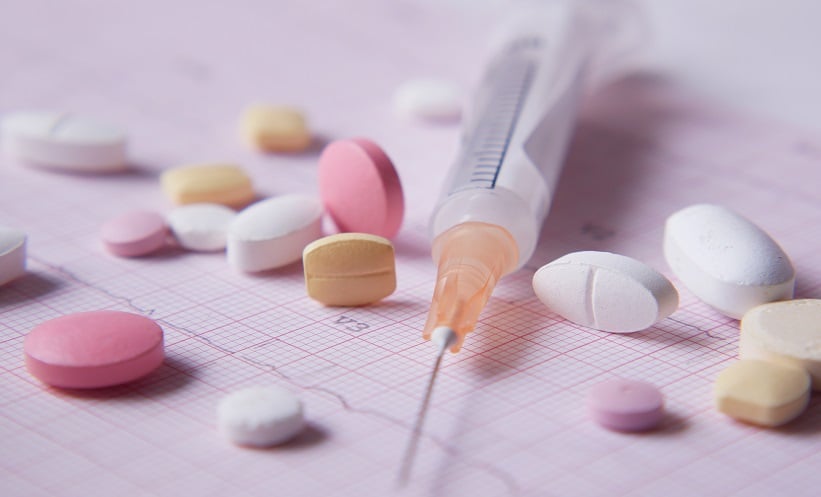PRESCRIBED drugs for diabetes may also reduce the risk of opioid overdoses and alcohol intoxication in patients struggling with addiction according to the results of a new study.
Recent research has drawn significant attention to glucagon-like peptide-1 receptor agonists (GLP-1 RAs) such as Ozempic® (Novo Nordisk, Denmark), which are primarily prescribed to treat Type 2 diabetes, obesity and other weight-related medical conditions. In this current study, researchers from Loyola University Chicago, Illinois, examined the potential protective effects of glucose-dependent insulinotropic polypeptide (GIP) and GLP-1 RAs on patients diagnosed with opioid use disorder (OUD) and alcohol use disorder (AUD).
The study analyzed electronic health records from approximately 136 U.S. health systems, covering more than 100 million patients between January 2014 and September 2022. In total, the study included 503,747 patients with a history of OUD and 817,309 patients with a history of AUD, aged 18 years or older.
Participants prescribed GIP/GLP-1 RA drugs showed significantly lower rates of opioid overdose and alcohol intoxication. In the OUD group, the adjusted incidence rate ratio (aIRR) was 0.60, indicating a 40% reduction in overdose risk compared to those without these prescriptions. Patients with AUD saw a 50% reduction in intoxication events (aIRR = 0.50).
The study also found that this protective effect remained consistent among patients with additional health conditions like type 2 diabetes and obesity. These results give rise to questions about the potential, innovative use of diabetes medications in the treatment and management of substance use disorders and addiction. Further research is needed to confirm the findings of this study.
Reference: Qeadan F et al. The association between glucose-dependent insulinotropic polypeptide and/or glucagon-like peptide-1 receptor agonist prescriptions and substance-related outcomes in patients with opioid and alcohol use disorders: A real-world data analysis. Addiction. 2024.
Anaya Malik | AMJ








